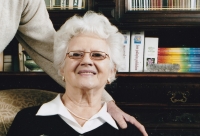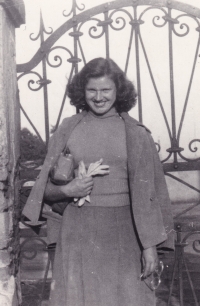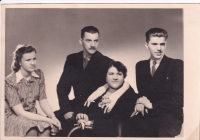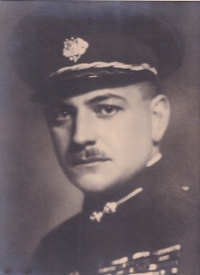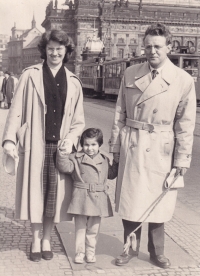To even a single person, who died for this country, we must show appreciation
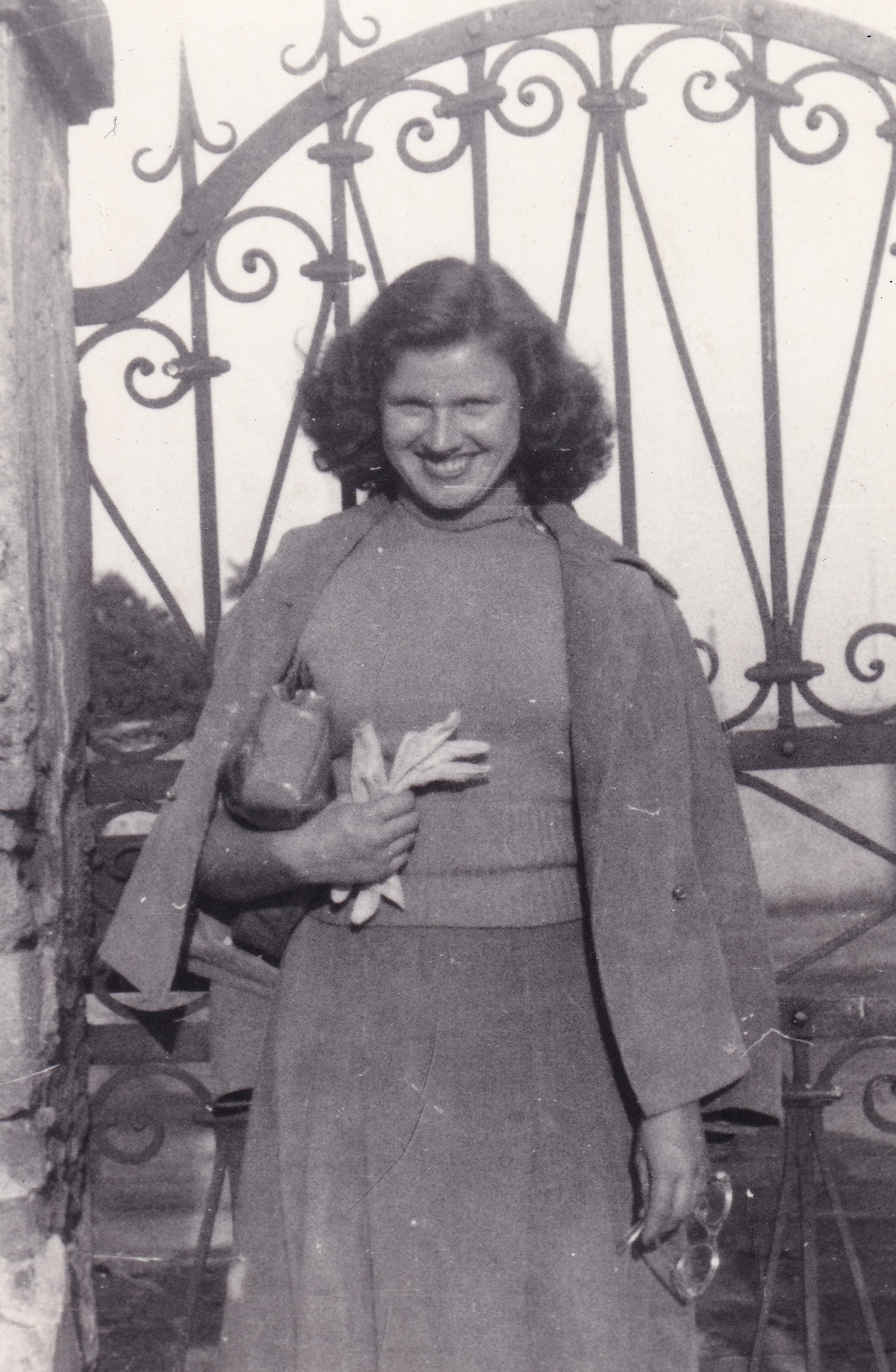
Download image
Marie Mezerová was born on the 16th of July 1932 in Prague to the married couple of Marie and Antonín Weiss. Her father was bank bureaucrat, member of Sokol, a reserve officer of the Czechoslovak army and a managing director of the Czechoslovak Union of Firefighters and the International Association of Fire and Rescue Services based in Paris. During the Protectorate years he used his contacts and work travel to build firefighter resistance organizations and arm them. In October 1944 Antonín Weiss was arrested, held prisoner in Pankrác and after cruel interrogations moved to “the cell of death” in the Theresienstadt Ghetto and on the 18th of April 1945 tortured to death. For his service he was awarded the Czechoslovak war cross in memoriam in the year 1946. The witness stayed true to her father’s values even into the coming communist totalitarianism. After failing to be admitted to university she worked in the association of former political prisoners (which was renamed to the Union of Antifascist Warriors in 1951), where she met her future husband Ladislav Mezera. His family also had a past of resistance activity. The witness found professional fulfilment in a scientific library, where she managed to fight for the international exchange of publications. Today she lives in the apartment in Prague in which she had spent her childhood (2022).
